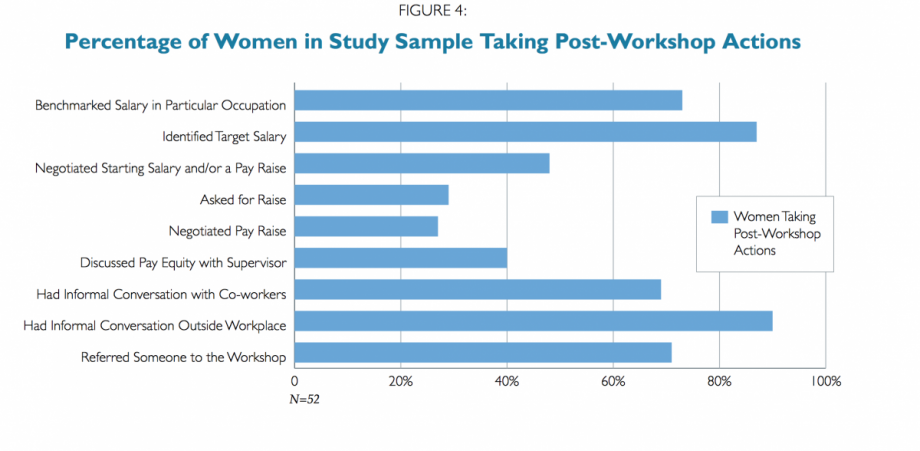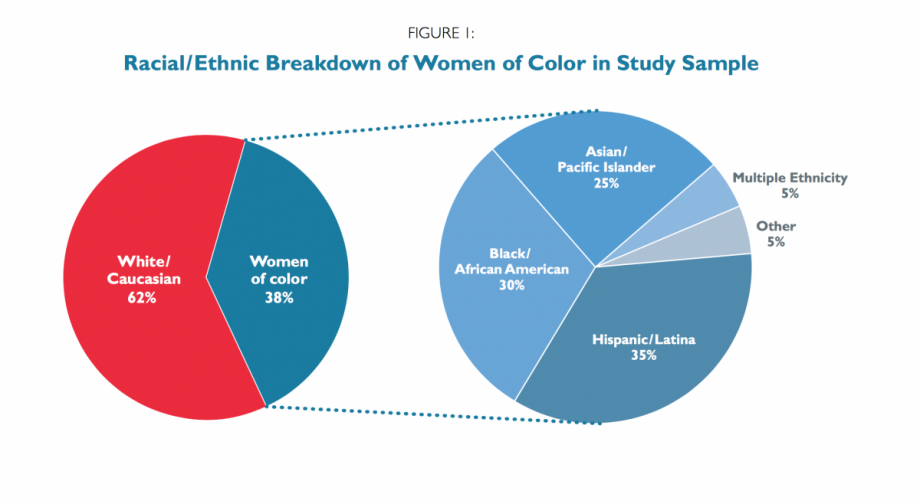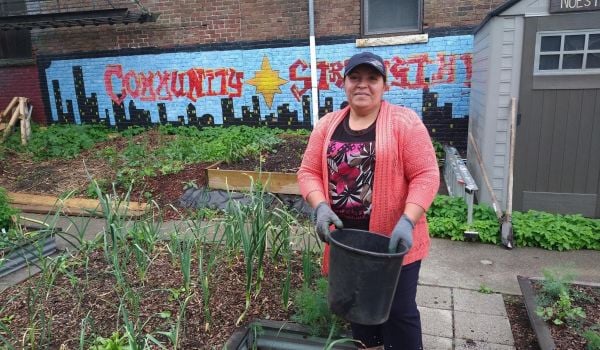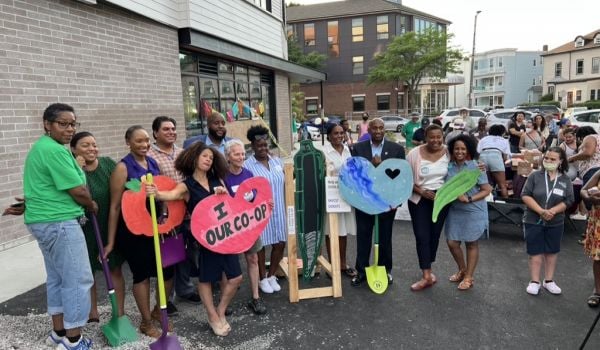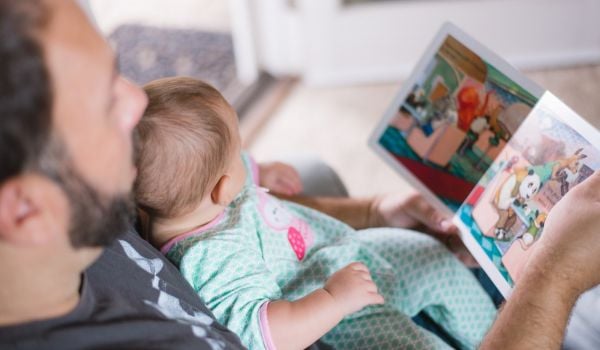As part of a broader effort to close the wage gap locally, Boston Mayor Marty Walsh launched an initiative in 2015 to offer women free salary negotiation tips. On Tuesday, the city released a report detailing the impact of those seminars in raises sought and salaries negotiated. The numbers are impressive: Eighty-seven percent of the women who participated have taken some kind of action to increase their pay. But demographic info shows that the city still has work to do on outreach, because while black and Latina women earn less on the male dollar than white women, they have been a minority at the city’s seminars.
The report was conducted by the Center for Women in Politics and Public Policy at the University of Massachusetts Boston, and evaluated 52 women who participated in the program’s first year. It found that of those women, 87 percent identified their target salary using objective market research, 48 percent negotiated a starting salary or pay raise, and 71 percent referred friends to the program.
”These workshops are not perfect,” Megan Costello, who runs the mayor’s Office of Women’s Advancement, recently told WBUR. “They’re not going to make everybody get the raise or the promotion that they want. But this is about changing culture and making sure that women ask for what they’re worth.”They were created with the understanding that the wage gap (80 cents on the dollar for white women nationally, 63 cents on the dollar for black women, and 54 cents on the dollar for Latina women) doesn’t just hurt women, it hurts the local economy.
“When women make up the majority of a city but are further behind than their male counterparts, that’s not good for them as individuals, that’s not good for our communities, our neighborhoods, our families, and that’s certainly not good for business,” Costello said when the program launched in 2015.
Beyond the actions program participants took, the report also chronicles the barriers they said they face in negotiating a better wage. They ranged from the practical — some participants simply didn’t know what the going rate for their line of work should be, others worked for nonprofits and worried about the company’s bottom line — to the more systemic. One example: The still widely held (but rarely acknowledged) conception that “women work for pin money,” as the report puts it, in other words, that women’s wages are “extras” rather than essentials for household income. Another woman talked about the disconnect between her coworkers, who were upper middle class and white, and herself, which made them blind to her compensation needs.
The study sample closely mirrored the racial/ethnic composition of all participants the first year, but the majority of those participants were white, according to the report. Hispanic women made up 13 percent of the group while black women made up 12 percent.
That’s a problem considering the wider gaps faced by women of color, and the report acknowledges it as such.
“Demographic data on workshop participants interviewed shows that a majority of them have been white,” it states. “Targeting women of color needs to be an intentional part of program delivery. Many women indicated that they learned about the workshop through professional networking groups that may not be as accessible to women of color.”
“I’m not satisfied with the number of women of color we’ve trained so far,” Costello told WBUR, adding that her office has been working to expand its outreach to more Boston neighborhoods and organizations.
WBUR also pointed out that training individual women can only go so far in a problem that’s systemic. Governments and businesses also need to play a role, and the city of Boston is working with companies to collect wage data and considering policies that might impact women’s earnings.

Rachel Dovey is an award-winning freelance writer and former USC Annenberg fellow living at the northern tip of California’s Bay Area. She writes about infrastructure, water and climate change and has been published by Bust, Wired, Paste, SF Weekly, the East Bay Express and the North Bay Bohemian
Follow Rachel .(JavaScript must be enabled to view this email address)


